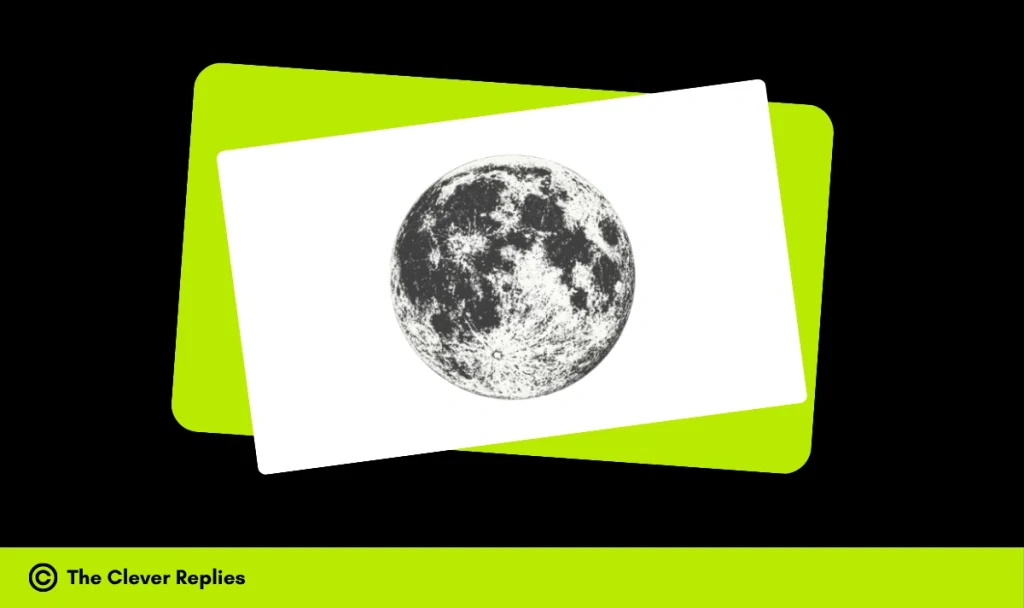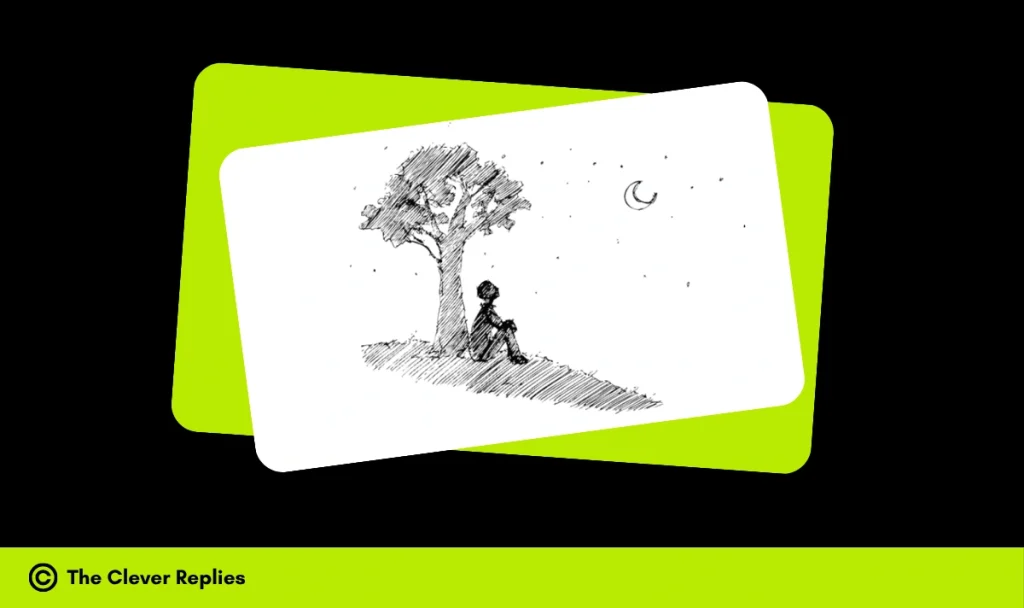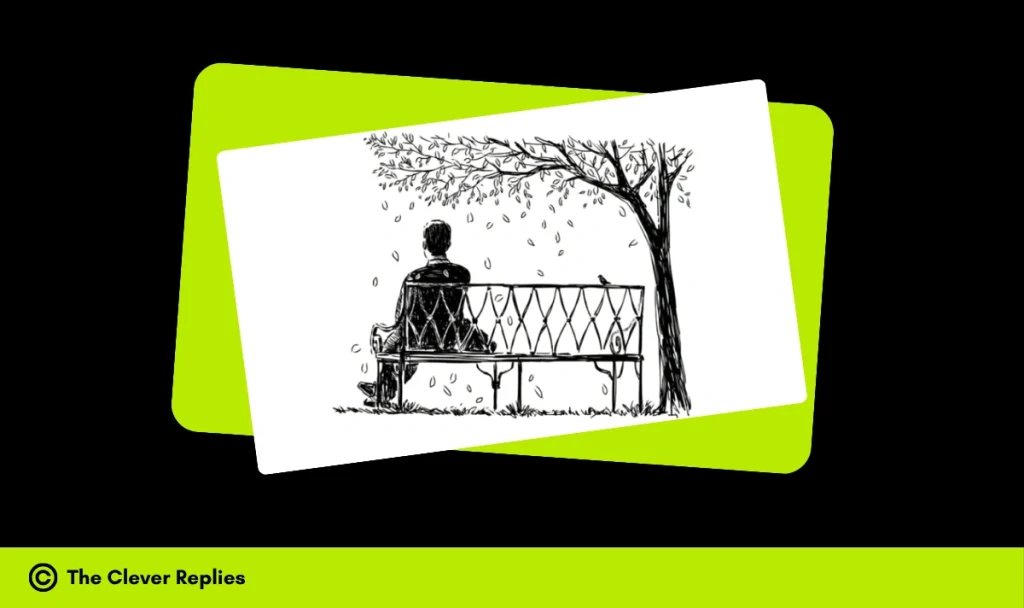“The Moon Is Beautiful, Isn’t It?” What It Means and How to Respond
Why This Japanese Phrase Melts Hearts
At first glance, “The moon is beautiful, isn’t it?” feels like a casual observation. But in Japanese, it holds a deeper, romantic weight that can melt even the calmest hearts.
If someone says “Tsuki ga kirei desu ne” to you, they’re not just pointing out the sky. They’re possibly whispering “I love you” in the most poetic way. This simple phrase is a perfect example of indirect Japanese expressions, where deep emotions are hidden in everyday language.
In this article, we’ll explore what this beautiful line means, where it came from, how to reply to it with grace, and how it appears in anime and Japanese love culture. Get ready for a deep dive into one of the most romantic Japanese phrases you’ll ever come across.
What Does “The Moon Is Beautiful, Isn’t It?” Mean?

Literal Translation
The phrase in Japanese is “Tsuki ga kirei desu ne”, which means “The moon is beautiful, isn’t it?”
But there’s more beneath the surface.
Cultural Context: The Art of Saying Without Saying
Japanese people often avoid direct expressions, especially when it comes to emotions like love. This comes from a cultural belief in subtlety and emotional awareness. Saying “I love you” outright is rare and might even feel awkward in many situations.
That’s why this phrase feels magical. It’s emotional, yet quiet. It’s respectful and romantic all at once.
Implied Meaning: I Love You
When someone tells you, “The moon is beautiful, isn’t it?”, what they might mean is:
I love you, but I’m saying it the Japanese way.
This is a poetic substitute for stronger phrases like:
- “Aishiteru” (I love you) very intense and rarely used
- “Suki desu” (I like you) softer, but still a little bold in public
“Tsuki ga kirei desu ne” becomes a safer, more beautiful way to show affection.
How to Respond to “Tsuki ga Kirei Desu Ne”

Each of these responses can express your feelings, gently accept the compliment, or even reject it politely. Let’s look at some popular ways to reply.
“Shin demo ii wa” I Can Die Happy
This one is dramatic and deeply romantic. It means:
“If I die now, I’d die with no regrets.”
It shows mutual love and a poetic acceptance of their feelings.
Pronunciation: Sheen deh-mo ee wah
Use it when: You want to respond with equal romance and emotion.
“Sou desu ne” It’s True, Isn’t It?
This is a very Japanese-style response. It’s soft, poetic, and slightly vague, yet full of meaning.
Translation: “Yes, it is.”
Pronunciation: Soh dess neh
Use it when: You want to accept their feeling, but keep things gentle and subtle.
“Anata mo utsukushii” So Are You
This is a flirty and charming way to respond. You’re not only agreeing but also returning the compliment.
Translation: “You’re beautiful too.”
Pronunciation: Ah-na-ta moh oot-skoo-shee
Use it when: You want to keep things playful and romantic.
“Hai, demo sore ni fureru koto wa dekimasen” Yes, but You Can’t Touch It
This phrase is gentle rejection in its finest form. It means:
“Yes, it’s beautiful, but you can’t touch it.”
It’s kind and poetic, keeping dignity and kindness intact while setting a boundary.
Pronunciation: High, deh-moh soh-reh nee foo-reh-roo koh-toh wah deh-kee-mah-sen
Use it when: You appreciate their words, but don’t feel the same.
The Origin of the Phrase

The phrase “Tsuki ga kirei desu ne” is often linked to Natsume Soseki, a famous Japanese novelist. According to legend, he once told his students that instead of translating “I love you” directly into Japanese, they should say:
“The moon is beautiful, isn’t it?”
Why? Because it fits better with Japanese culture, where emotions are not shouted but quietly shown.
While the story may not be 100% confirmed, it still holds strong value in Japanese literature and cultural history. Writers and poets often choose indirect language to express deep feelings.
Pop Culture References: Anime, Manga, and Romance
This romantic phrase shows up often in anime and manga, especially during emotional or romantic scenes. Here are a few examples:
- Tsuki ga Kirei (anime): A slow-burn school romance where the phrase is used to express love in a gentle, heartfelt way.
- Demon Slayer: While not directly used, similar poetic lines appear in emotional or farewell scenes.
- Many anime love quotes draw inspiration from this phrase’s style, utilizing nature or beauty to convey profound emotions.
These references keep the phrase alive and romantic for both the Japanese and international audiences
Why Japanese Use Indirect Language for Love
Understanding why this phrase exists requires an examination of Japanese communication styles.
Honne vs Tatemae
- Honne = True feelings
- Tatemae = Public or expected behavior
In many social situations, people often refrain from revealing their true feelings directly. This applies to love, too. By saying something indirect, like “the moon is beautiful,” the speaker respects boundaries while still showing love.
This makes love feel like a quiet song rather than a loud shout.
Bonus: Other Indirect Ways to Say “I Love You” in Japanese
Want to express your love in Japanese without using “aishiteru”? Try these:
|
Japanese Phrase |
Meaning |
Tone |
|---|---|---|
|
Suki da yo |
I like you |
Casual and sweet |
|
Kimi no koto wo omotteru |
I’m thinking of you |
Thoughtful and soft |
|
Issho ni itai |
I want to be with you |
Deep emotional attachment |
These phrases work in different romantic settings and carry a softer emotional tone, just like tsuki ga kirei desu ne.
Conclusion: The Power of Poetic Love
Saying “Tsuki ga kirei desu ne” might sound simple, but it holds centuries of cultural emotion, literary elegance, and quiet romance. It’s more than a line it’s a whole feeling wrapped in moonlight.
Whether you say it to someone special, or hear it in your favorite anime, now you know its meaning and how to respond.
Have you ever said or heard this phrase in real life?
Let us know in the comments or share this article with someone you love silently, beautifully.






